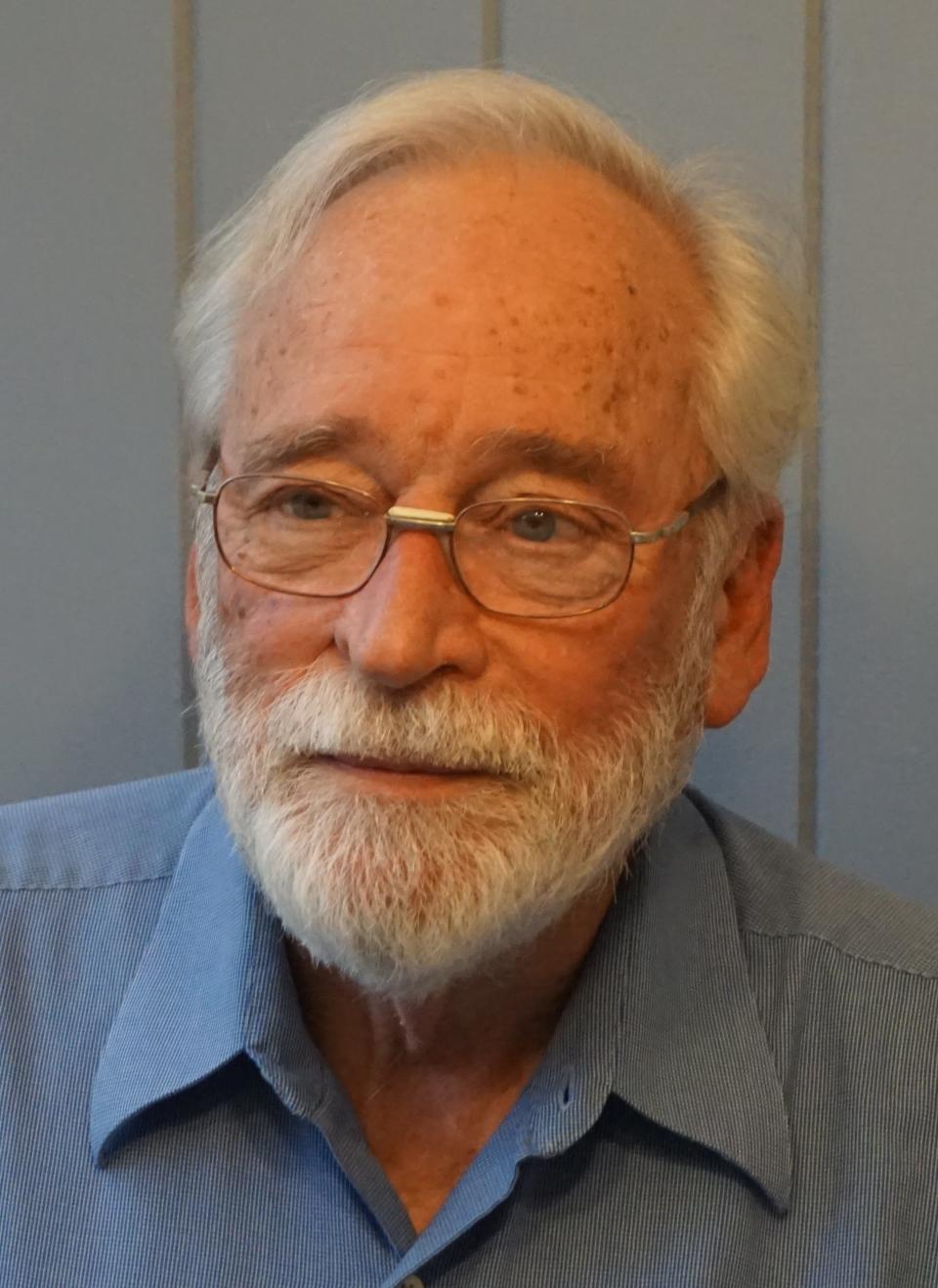Charles Milliken: Conviction at the heart of Western culture
We’re all familiar with the founding stories of our country. Brave, adventurous men and women made their way across perilous seas to settle in a new land, drawn by the promise of freedom. Centuries later, the desire for freedom remains at the very heart of our culture. It is perhaps our most important value.
It is interesting to notice, however, how our understanding of freedom has shifted with the passage of time. For the Pilgrims, freedom meant release from government interference to be able to create a society shaped by what they understood to be the proper modes of worship and community life. The towns they created would not, I think, strike us as particularly free places were we able to visit them.
A few generations later, at the time of the Revolution, a more expansive concept of freedom was taking hold that envisioned a society in which individuals had both political freedom and freedom of conscience, able to live their lives without the stifling oversight of state or church.

But there are other constraints, too, every bit as restrictive as those flowing from government or ecclesiastical authorities. Our energies turned in the direction of relaxing them as well. Traditions, expectations, norms, and the like all became targets, especially when it comes to anything related to sexuality, the area where the desire for freedom presses most urgently. These targets were successfully struck, and these days we enjoy the ease with which we can dissolve marriages, terminate pregnancies and enter into romantic relationships that would make the Puritans turn over in their graves.
Most recently, we’ve even become impatient with the constraints imposed by our biology. Why, after all, should the fact that I was born a man get in the way of my being a woman? Fortunately, modern medicine stands ready to raise me to new vistas of freedom our forebears couldn’t even imagine.
The trajectory seems clear enough. But why have we, as a culture, so ardently pursued it? The answer seems to be this. We believe (even if we seldom clearly say so) that humans thrive to the extent that we are free. To put it differently, the one who is most unencumbered is the one most able to live a happy and fulfilling life. This is the conviction at the heart of our culture.
Is it true?
Well, it certainly seems true if we consider life not as a whole but in microcosm. Take health, for instance. Surely he is most healthy who observes the fewest constraints in terms of what he eats and how he lives. Or relationships. Thriving relationships, like marriages, are a function of maximal freedom for those involved in them. Or consider the raising of children who will thrive. Here, too, leaving them unconstrained to pursue their desires wherever they may lead is the secret to success.
Except all of that is complete nonsense, of course. You and I both know the reality is the exact opposite of this. In any department of life you care to think of, thriving comes not from the absence of constraints but from a long process of submission to them.
And what is interesting to notice is that the end result is a kind of freedom. If I observe constraints in terms of my diet and physical activity, I enjoy a freedom of physical activity as I age that I otherwise would not. If I patiently submit to the constraints demanded by love, I enjoy the freedom of a marriage in which I am known, loved, and supported. If children are given the right boundaries as they are growing up, they become the sort of adults who are free to navigate the world with confidence and succeed in it.
These examples illustrate a conviction distinct from that embraced by our culture: that humans flourish best when they are shaped by submission to constraints. And, paradoxically, submitting in this way brings us to a place where we can experience kinds of freedom we cannot have by any other route. So perhaps we ought to pause before we pick up an axe to hack down yet another constraint and make sure it isn’t the trellis on which the vine of true freedom grows.
— Charles Milliken is a professor emeritus after 22 years of teaching economics and related subjects at Siena Heights University. He can be reached at milliken.charles@gmail.com.
This article originally appeared on The Holland Sentinel: Charles Milliken: Conviction at the heart of Western culture

